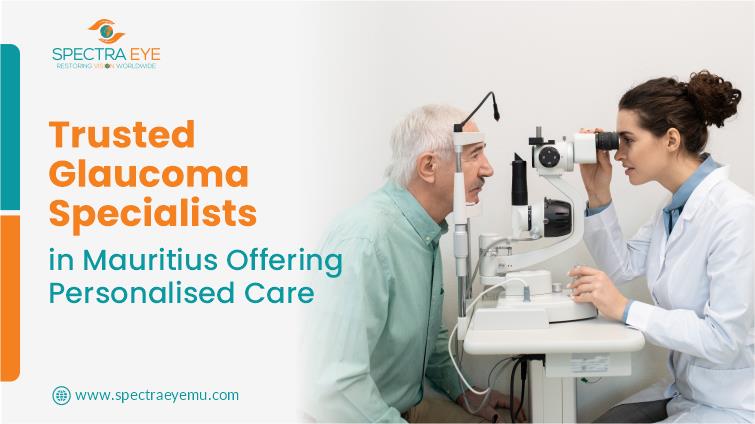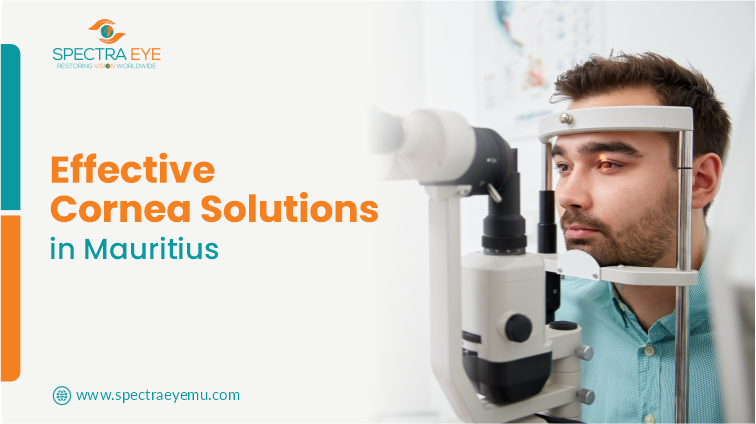Blogs

When do you need retina surgery?
The retina is a very important part of the human eye. This light-sensitive tissue lining present at the back of our eye is responsible for impulses that travel via the optic nerve. If you have been facing any kind of retinal difficulties, you should immediately visit a doctor. Retina eye surgery is used to treat retina-related difficulties in patients. Keep reading to find out all about retina surgery, retina operation, and its effectiveness.
Retina is the layer of light-sensitive tissue present on the back wall inside the human eye. Whenever we see an object, the light rays are focused onto the retina through the cornea, pupil, and lens. The retina's main function is to convert these light rays into impulses that travel to our brain with the help of optic nerves. In the brain, the light rays are interpreted into images that we can see and discern. A healthy retina provides you with perfect vision.
Torn Or Detached Retina
If you are familiar with the human eye, you will notice that the middle area of our eyes has a clear gel called vitreous that remains attached to the retina. The tiny cells or clumps of vitreous can cast shadows on the retina which can then cause a person to see small dots, specks, strings, and even clouds moving in front of their eyes. This often happens while looking at a plain background or the blue sky.
As we age, this gel called vitreous shrinks and eventually pulls on the retina. This can cause a person to see flashing lights, lightning streaks, or the sensation of seeing stars or flashes in general. In most cases, this goes away in a matter of time, but sometimes the vitreous can pull on very hard, causing the retina to tear in one or many places. The fluid can then move through the tear and peel off the retina from the wall. This is known as retinal detachment. Without the retina working properly, your vision gets blurry and one is not able to see anything. Retinal detachment when untreated can cause blindness.
People with nearsightedness, previous experience with cataract surgery, glaucoma, serious eye injuries, previous experience with retinal detachment in the other eye and family history of retinal detachment are more likely to develop this condition. Symptoms of retinal detachment include the following:
- sudden appearance of flashes
- shadows in peripheral vision
- sudden decrease in vision
- increased number of floaters in the vision.
Retinal detachment can only be treated with retina detachment surgery.
Treatment & The Effectiveness Of Retina Eye Surgery
Retina eye surgery is highly effective. But to ensure that no complications arise, patients must opt for a medical facility with experienced ophthalmologists and the latest technical equipment required for the surgery. For instance, our expert team of doctors uses the latest technical equipment for proper surgery and treatment.
Our best ophthalmologist in Mauritius will give you a thorough eye examination to provide you with a proper diagnosis. An ultrasound can also be done before a diagnosis is provided. The doctor will then find out if you have a retinal tear or a retinal detachment. Both of your eyes will be checked. Contact a doctor to find out about pre-appointment restrictions. Make sure that you explain the symptoms you are facing in accurate detail. You should also tell the doctor about any previous eye injuries along with a little personal information required for proper evaluation and diagnosis. Do not forget to discuss the medications you are taking presently (including but not limited to supplements, vitamins, etc.).
Your doctor will ask you a few questions regarding the severity of the symptoms you have been facing, medical history, the duration and timing of these symptoms, previous experiences concerning eye inflammation, eye injuries, or eye surgery, and prevalence of such symptoms amongst your family members. Retina surgery will be performed to repair the retinal tear, hole, or detachment. In case you have a retinal tear, the doctor will suggest you either opt for laser surgery (photocoagulation) or freezing (cryopexy).
In case your retina is detached, the doctor will suggest surgery based on the severity of the detachment. Pneumatic Retinopexy is performed along with cryopexy to repair the retina and stop the flow of fluid. The scleral procedure involves suturing of silicone material to your sclera over the affected area. A scleral buckle is also made when there has been an extensive retinal detachment. Vitrectomy is performed to drain out the vitreous and tissue pulling onto your retina.
The recovery period for retina surgery is around two to six weeks (depending on severity). You will be able to get back to your day-to-day activities after 2-4 weeks. If you or someone you know has been experiencing a few symptoms of retinal detachment, contact a doctor immediately. If you still have a few questions about retinal detachment surgery, contact us without any hesitation.



